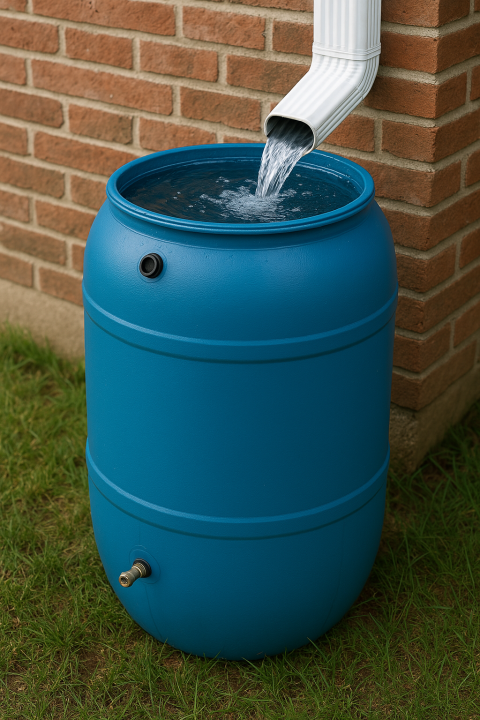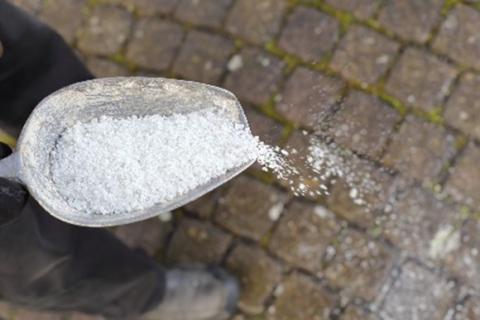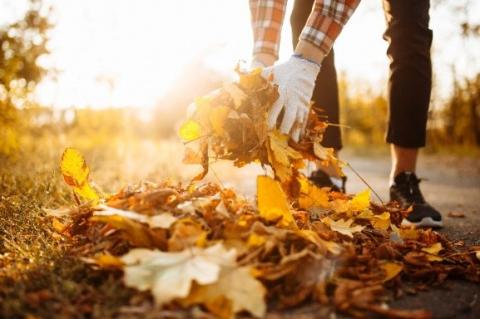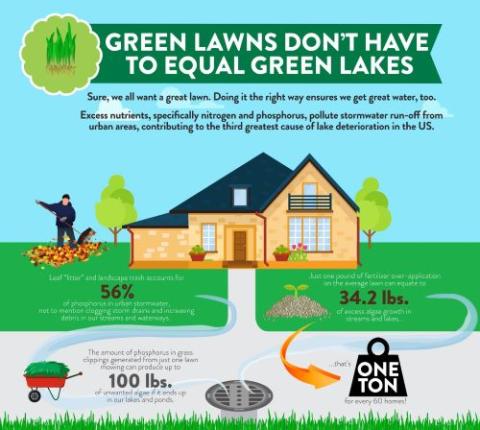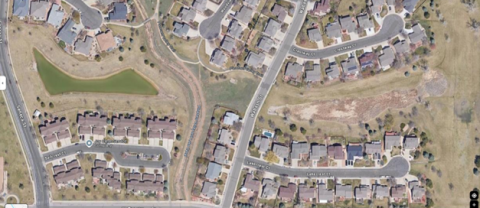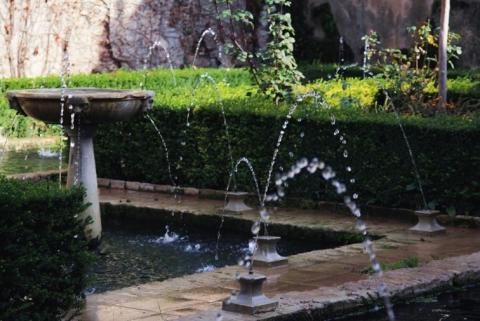Fall Friendly Reminder: Please recycle, mulch or bag those leaves and branches and don't let them make their way to the storm drain.
Clogged storm drains cause flooding and when leaves make their way to our streams and lakes, they contribute nutrients that cause algae blooms.
Please keep our streets and waterways clean!
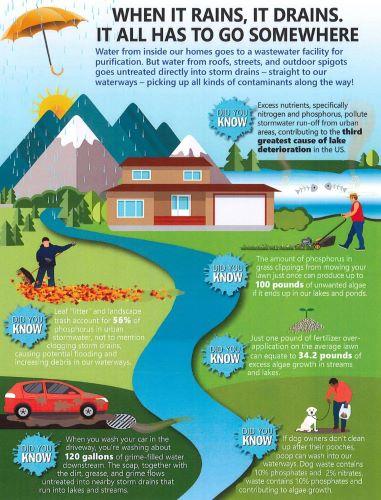 Did you know that you can prevent water pollution?
Did you know that you can prevent water pollution?

Did you know that stormwater pollution starts at home? Pollution comes from the pet waste left behind when you don’t pick up after your dog or when you apply too much fertilizer on your lawn. It happens when you wash your car and the soapy, dirty water flows onto the street, and eventually into the storm drain.
Stormwater that does not infiltrate into the ground instead runs off your property and ends up in our lakes, streams and rivers. By taking some simple steps, you can reduce your stormwater runoff and keep it clean. You can help to keep our waterways clean for your friends, family, and those who live downstream from you.
Visit our Videos page to learn more about:
- What is Stormwater?
- What are Stormwater Pollutants?
- What are Nutrients?
- How Can I Manage My Lawn to Reduce Pollution?
Visit our Helpful Linkspage to learn more about:
- Slow the Flow of water off your property
- Snow and Ice Management
- Leaf Recycling
- Lawn and Garden Maintenance
- Home Landscaping and Maintenance
- Permanent Water Quality Structure Maintenance
- Auto Care
- Septic Systems
- and more!
